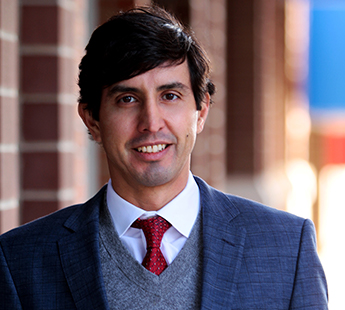Questions You Should Ask Your Anesthesiologist Before Surgery
Most surgeries require anesthesiologist services. Going under is safe in many situations but carries its share of risks. Asking questions of your anesthesiologist can help you better understand the risks of the surgery and the anesthesiology. After all, many medical malpractice cases stem from anesthesia errors before, during, and after surgeries. It is vital for anesthesiologists to communicate with patients and review their medical records and history.

What Type Am I Getting?
Four types of anesthesia exist. General anesthesia puts people under and is normally what people think of with the word, “anesthesia.” Chances are, you are getting this type but it never hurts to ask.
The other types are intravenous (IV) monitored sedation where you are not completely under, local anesthesia which is common with dental procedures, and regional anesthesia such as epidurals.
How High Are the Odds of Complications?
You can research for yourself that anesthesiology is fairly safe, but it is still good to hear your anesthesiologist explain the risks. If nothing else, it gives you an idea of how seriously the anesthesiologist works. Factors such as sleep apnea, heavy alcohol use, heart disease, and liver dysfunction can increase the chances of complications.
How Will You Monitor Me During Surgery?
This answer gives you insight into the tools and processes the anesthesiologist uses during a surgical procedure. Typical instruments include an inflatable blood pressure cuff, pulse oximeter, temperature probe, oxygen analyzer and carbon dioxide analyzer, and an electrocardiogram to monitor heart activity.
Are There Medications I Should Stop Taking Before the Procedure?
Blood thinners, blood pressure medication, and other drugs can negatively affect you during anesthesiology. Asking your anesthesiologist about medications helps you understand how they could impact you and the potential for severe harm.
Many people take vitamins, herbal medicines, and supplements. Ask your anesthesiologist about them, too.
Will I Get a Breathing Tube?
This is a great question to ask especially if you struggle with asthma or respiratory issues. In these cases, you may have problems with a breathing tube and be better off with alternatives.
What Should I Avoid Before Receiving Anesthesia?
Food and/or liquids in your system can cause problems with anesthesia, so it is critical to be aware of any eating and drinking restrictions. This question helps ensure that your anesthesiologist reviews precautions with you to minimize the risks of complications.
What Are My Anesthesia Options for Labor and Delivery?
Anesthesiologists have options for managing pain during labor and delivery. If you are pregnant, clarify what your choices are and the pros and cons of each.
How Will I Feel Afterward?
You are unlikely to feel like “yourself” after the procedure. Anesthesia can cause sleepiness, nausea, chills, and other effects before it wears off.
Side effects such as a sore throat from the breathing tube are fairly common. Minor soreness or mild pain at injection sites or incisions is common, too.
If Complications Occur, Lawyers May Be Able to Help
Our North Carolina personal injury and medical malpractice attorneys aim to help if anesthesiologists or other medical professionals cause you serious harm. Get in touch with us today at (919) 683-2135 to discuss your options.



